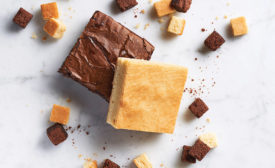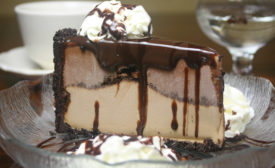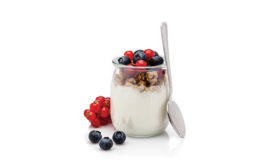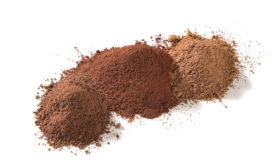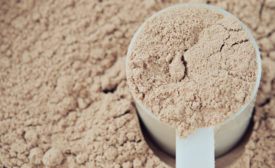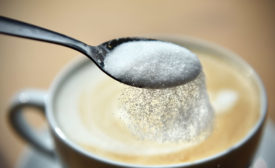Articles by Kimberly Decker
Frozen desserts: Keep them creamy
The right ingredients can help processors texturize today’s frozen dairy — and nondairy — delights
January 11, 2019
Opposites attract in the frozen dessert market
Frozen dairy desserts embrace good-for-you indulgence.
December 5, 2018
Dispelling some misperceptions about chocolate and cocoa in dairy
We blast some misperceptions about chocolate and cocoa in dairy
October 16, 2018
Natural colors have staying power
Keep ‘natural’ colors strong and stable in dairy
September 10, 2018
Not all protein sources are created equal
Dairy processors that understand and optimize different dairy- and plant-based proteins will boost their odds for success.
August 3, 2018
Dairy processors, consider the probiotic strain
Not all probiotics are created equal; dairy processors must understand the ‘nuanced but important differences’ among strains
June 7, 2018
Adult entertainment: Dairy flavors grow up
As millennials grow older, their palates are growing up with them. New dairy flavors need to reflect that reality
May 10, 2018
Desperately seeking sweeteners
Product formulators in search of the perfect sugar substitute will find plenty of new options
April 2, 2018
Stay ahead of the curve. Unlock a dose of cutting-edge insights.
Receive our premium content directly to your inbox.
SIGN-UP TODAYCopyright ©2025. All Rights Reserved BNP Media.
Design, CMS, Hosting & Web Development :: ePublishing
